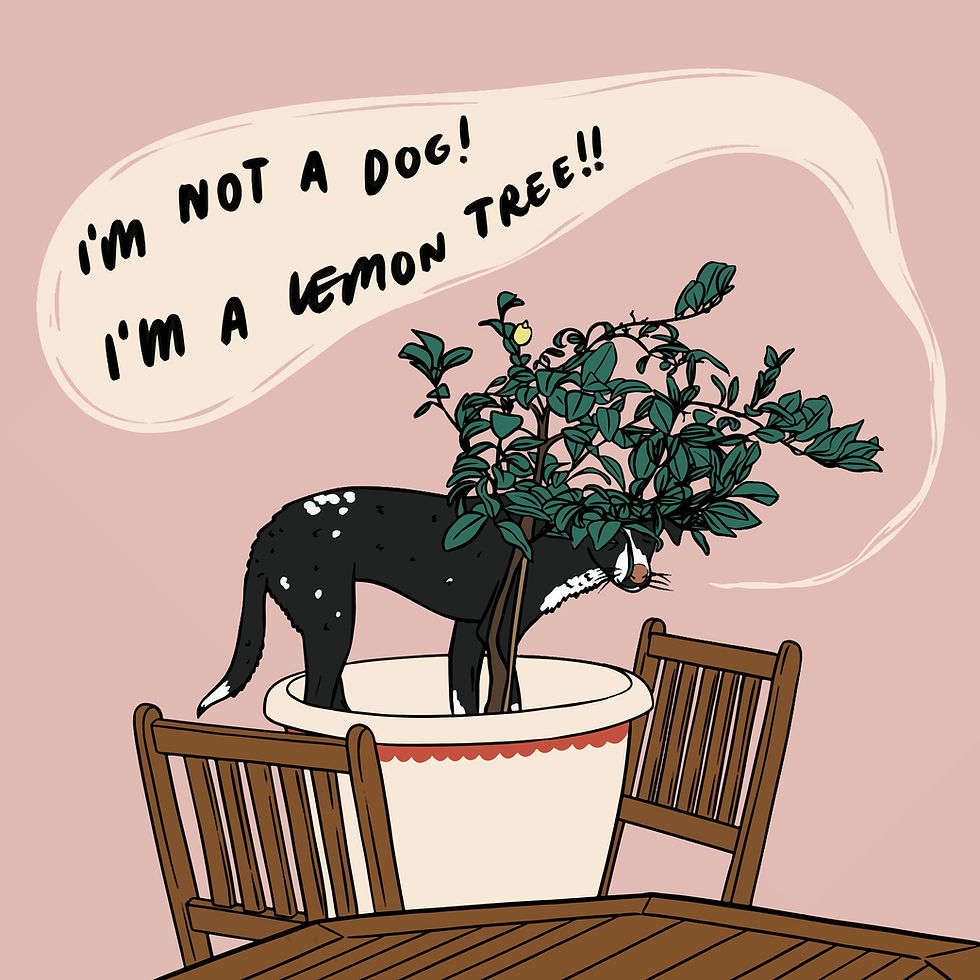Why Starting Creative Writing Lessons for Kids is the Ultimate College Application Hack
- Daniel Miller
- Jan 4
- 4 min read
At Foundry Writing & Pre-College Services, we’ve spent years working with kids as young as nine, and it’s taught us an important lesson: every student has a story worth telling. Starting creative writing lessons early isn’t just about honing writing skills—it’s about helping students explore who they are, reflect on their experiences, and learn how to articulate their unique perspective on the world. And when the time comes to apply to college, that ability can make all the difference.

Building Confidence Through Storytelling
Younger students see the world with an honesty and curiosity that’s often harder to access as they grow older. We’ve seen nine-year-olds write stories that are funny, heartbreaking, and deeply imaginative. These stories aren’t just practice—they’re the beginning of a process that teaches kids to take their thoughts seriously and trust their own voices. That trust is exactly what makes a college application essay stand out. Admissions officers aren’t looking for essays that just check boxes—they want to hear a genuine, authentic story that feels personal and unforgettable. That’s a skill students can’t learn overnight, but it’s one they can master with years of creative writing practice.
One of our core philosophies at Foundry is that every student’s ideas matter. Whether a nine-year-old wants to write about building an elaborate Minecraft world or coding a new game in Roblox, we treat those stories with the respect they deserve. When students feel their voices are valued, they approach writing with enthusiasm and confidence. That trust forms the foundation of all great storytelling, including the kind that wins over college admissions committees.
For younger students, writing about their passions—whether it’s Minecraft, robotics, or space exploration—helps them explore creativity while developing critical thinking skills. A story about designing the perfect Minecraft structure might lead to reflections on problem-solving and teamwork, traits that are invaluable in engineering and STEM fields. These exercises prepare students to articulate complex ideas and showcase their passions effectively.
The Long-Term Impact on College Applications
By the time these students are applying to competitive colleges, they’ve practiced turning their unique interests into compelling narratives. Instead of just listing activities, they can show how their love for building worlds in Minecraft (or robotics or debate club) inspired their desire to pursue engineering, coding, or design. Admissions officers want students who can connect their passions to a bigger purpose, and starting creative writing early gives students the tools to do just that.
In 2024 we wrapped up a major project where we helped students used creative writing to explore emerging technologies and their implications through a fun genre of fiction: dystopian sci-fi! One student imagined a future where AI creates a world where all human needs—food, shelter, security—are perfectly met, except for one need: self-expression. The story hypothesized that people might struggle to maintain their individuality and creativity in a world where every practical need is anticipated and fulfilled by AI. Another student explored who has the power to decide how discoveries derived from nature are used, posing questions about ownership of nature, ethics, and equity.
These stories weren’t just creative exercises; they were thoughtful explorations of the ethical and social questions shaping our world. By engaging with these topics through imaginative storytelling, students sharpened their critical thinking and gained the tools to reflect on their own values and aspirations. These skills ultimately translated into compelling college essays that demonstrated intellectual depth, originality, and the ability to connect personal passions to broader societal challenges—qualities that make students stand out in competitive admissions processes.
Starting creative writing early also helps students get comfortable with revision and feedback—essential parts of the writing process. The confidence to take feedback and improve a story is the same confidence it takes to navigate a high-stakes college application. Students who’ve spent years revising their work don’t panic when they’re told to rewrite a draft; they’ve already learned that the process makes their work stronger. This maturity and resilience come through in their essays, showing admissions officers that these are students who are ready to thrive in a rigorous academic environment.
The Power of Knowing Their “Why”
But perhaps the most important reason to start early is this: creative writing helps students understand their “why.” Why do they care about the activities they’ve pursued? Why do they want to study a particular field? Why do they want to attend a specific college? The students who can answer these questions with depth and sincerity are the ones who stand out in competitive admissions pools. They’re not just listing accomplishments—they’re weaving them into a larger story about who they are and where they’re headed. And that’s the kind of story colleges want to hear.
The college admissions process has grown exponentially more competitive in recent decades. In 2006, Harvard’s acceptance rate was 9%, but today it’s less than 4%. Similarly, UCLA has seen applications more than double in the past 15 years, with its current admit rate at just 8.5%. As the number of applicants continues to rise, while class sizes remain static, the essay has emerged as the ultimate differentiator. It’s often the deciding factor for students with comparable grades and test scores, giving applicants a chance to stand out in ways transcripts can’t.
Starting creative writing lessons early equips students with the tools to craft essays that shine. By honing their ability to write with clarity, passion, and authenticity, students don’t just tick boxes—they tell unforgettable stories that resonate with admissions officers. In a landscape where the stakes keep rising, a standout essay can mean the difference between being one of thousands and being one of the few who earns a spot.
Ready to transform your educational journey? Sign up for a free intro session with us today to discover our unique teaching philosophy and how we can help you achieve your academic dreams.




Comments